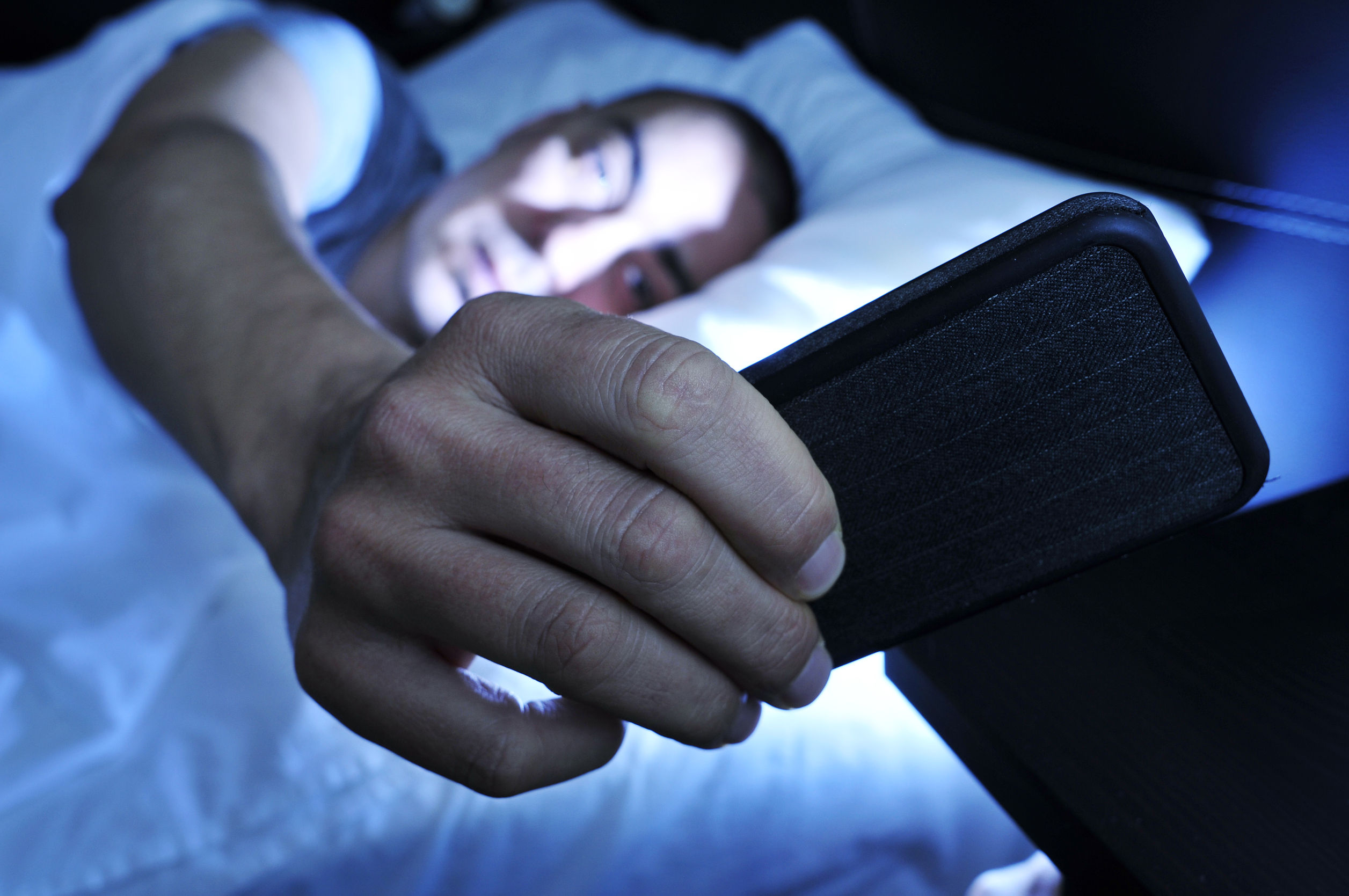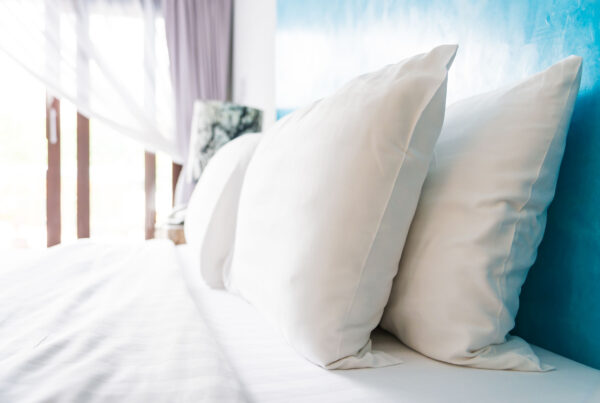”Arizona, what does your bedtime routine look like? Our bedtime routines are an important part of quality sleep. This week's article makes suggestions on how to design a bedtime routine. We hope you find this helpful!
Reading Time: 4 Minutes
MWi Hacks:
- Learn how to integrate new habits into your very own evening routine
- Understand the benefits of having a pre-bedtime routine
MWi Summary:
- These 5 habits will help improve the quality and quantity of your sleep:
- Try to go to sleep and wake up around the same time every day — even the weekends.
- It is best to avoid caffeine, nicotine, and alcohol close to bedtime.
- Your bedroom should be quiet, cool, and dark.
- Start a nighttime routine that will help you relax. This could be reading or listening to calming music. Screen time should be avoided.
- It is helpful to have your clock turned away from you. Staring at the clock may stress you out and make it harder to fall asleep.
Develop these five healthy nightly habits to ease into sleep.
Establishing a pre-bedtime routine—a.k.a practicing good “sleep hygiene”—is likely to help you fall asleep more easily at night and stay asleep until morning. And it’s not as hard to do as you might think. Try working these five habits into your evening for better sleep.
Habit #1: Stay on Schedule.
Going to sleep and waking up at the same time every day—even on weekends—is crucial for setting your body’s internal clock, which experts call your circadian rhythm. Staying consistent also means that the quality of your sleep will be better.
Habit #2: Be Mindful of What you Eat and Drink—and When.
Nicotine and caffeine are stimulants that can take hours to wear off, so they’ll make it harder to fall—and stay—asleep. Avoid them all for four to six hours before bedtime. Though alcohol can initially make you feel sleepy, it lowers the quality of your shut-eye, so try not to drink it in the evening. Also, pay attention to when you eat—going to bed on an empty stomach or hungry can keep you up later. And go easy on any liquids before you hit the hay to prevent trips to the bathroom in the middle of the night.
Habit #3: Create a Comfy Bedroom.
Make your room peaceful and conducive to sleeping by keeping it quiet, cool, and dark. Earplugs are helpful if you live in a noisy area. Outside light can keep you awake, so try room-darkening shades. Your mattress and pillow also make a big difference. Ideally, mattresses should be replaced every five to seven years and pillows should be replaced annually. A mattress should feel comfortable, and if you sleep with a partner, make sure it’s big enough so you both have plenty of space.
Habit #4: Start an Evening Ritual.
Whether it’s curling up with a book, listening to calming music or taking a warm bath, doing the same, relaxing thing every night will signal to your body that it’s time to settle down. However, avoid watching TV or looking at any laptop, tablet or smart phone screens before hitting the hay, since those activities can trigger your brain to stay awake.
Habit #5: Don’t Watch the Clock.
Staring at the clock when you can’t sleep can stress you out and make it even harder to snooze. Keep your bedroom clock turned away from you so that you won’t be tempted to watch time tick by. If 20 minutes pass and you still can’t fall asleep, get out of bed and do something peaceful until you feel drowsy.
MWi would like to thank www.sleep.org for posting this article.
To read the original article please follow this link:
https://www.sleep.org/articles/design-perfect-bedtime-routine/






